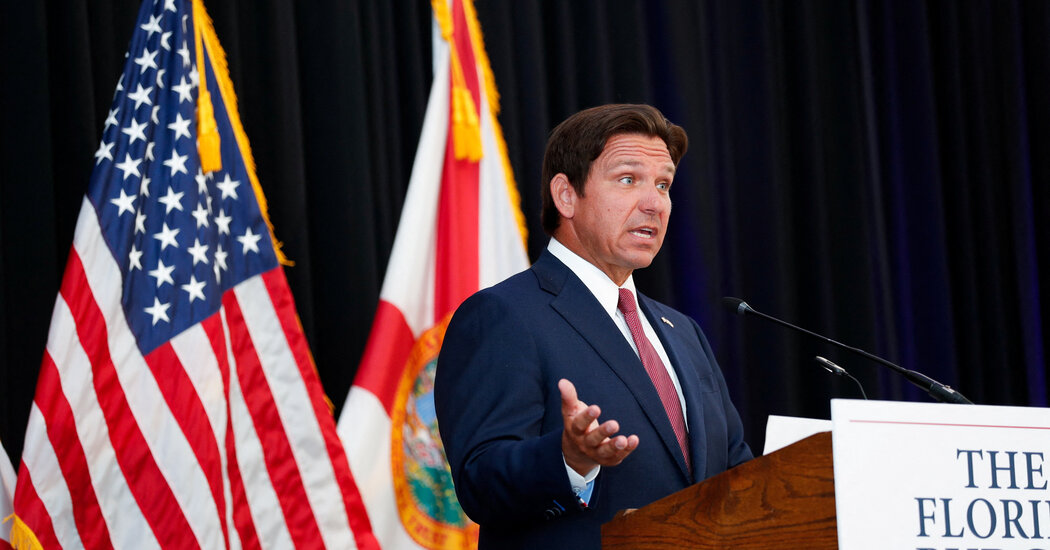- cross-posted to:
- [email protected]
- cross-posted to:
- [email protected]
Gov. Ron DeSantis gave no explanation for zeroing out the $32 million in grants that were approved by state lawmakers.
…
Leaders of arts organizations in Florida, many of whom have worked in the state for decades, cannot remember a governor ever eliminating all of their grant funding. Even in the lean years of the Great Recession, at least a nominal amount — say, 5 percent of the recommended total — was approved.
Established arts organizations usually know better than to overly rely on nonrecurring state dollars subject to the discretion of politicians, said Michael Tomor, executive director of the Tampa Museum of Art. But to cut funding at a time when arts organizations are still struggling to recover from the coronavirus pandemic sends a concerning message “that taxpayer dollars should not be used in support of arts and culture,” he added.
…
Mr. DeSantis, a Republican, gave no explanation for zeroing out the arts grants. His office said in a statement that he made veto decisions “that are in the best interests of the State of Florida.”
In all, Mr. DeSantis vetoed nearly $950 million in proposed spending and proclaimed that the remaining $116.5 billion came in under the previous year’s budget.



Detroit failed because of automation and off-shoring. Things that could have been repaired or prevented politically, sure. But not directly caused by policies based in bigotry and ignorance.
If any correlation can be made, it’s from white-flight. Which would be caused by Detroit’s massive loss of jobs and Florida’s massive loss of land. But white flight, imo, is the reaction, not the catalyst, of its downfall.
That’s the mechanism behind why it failed, but not the reason for the policy. Automation and off-shoring were tools intended to re-segregate and depress the wealth of the working class. Once the city sufficiently shocked into collapse, financial investment came flooding back into the city in the form of foreclosure sale purchases and low-wage service sector expansion. The modern city is seeing the first population expansion it’s enjoyed in decades, but with an enormous new disparity in income and political organization between the richest and poorest residents. Dan Gilbert, the co-founder of the largest private mortgage lender in the US - Quicken Loans (now Rocket Mortgage) - owns enormous swaths of the downtown district and has his talons in a host of municipal and state political figures.
He’s revitalized the city with enormous amounts of public money, laundered into private profits, through the private lending racket. And he’s used the depressed wages and real estate values in the town to reap huge margins on the cost of labor, relative to more traditional finance centers like New York or Dallas.